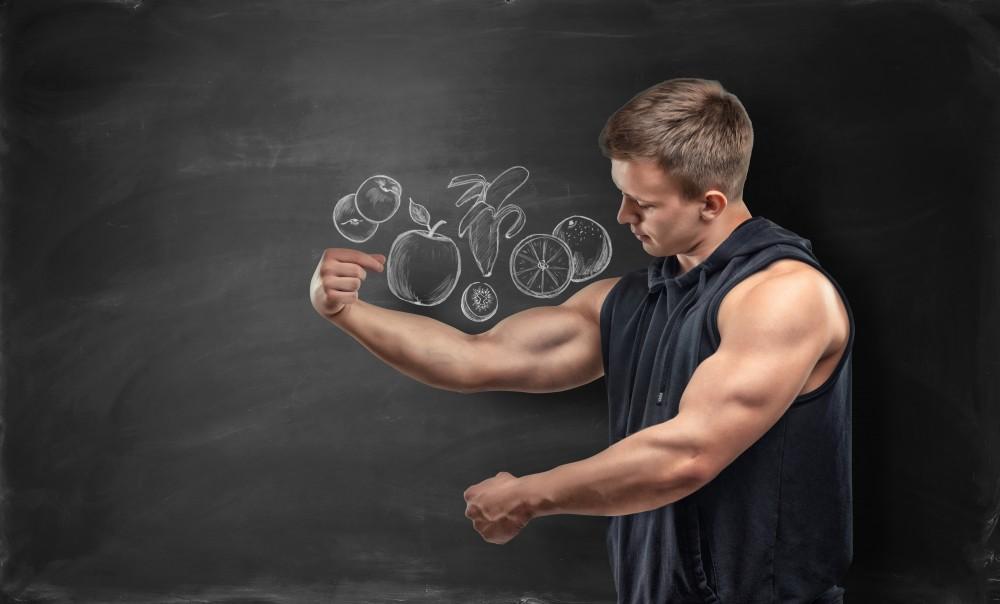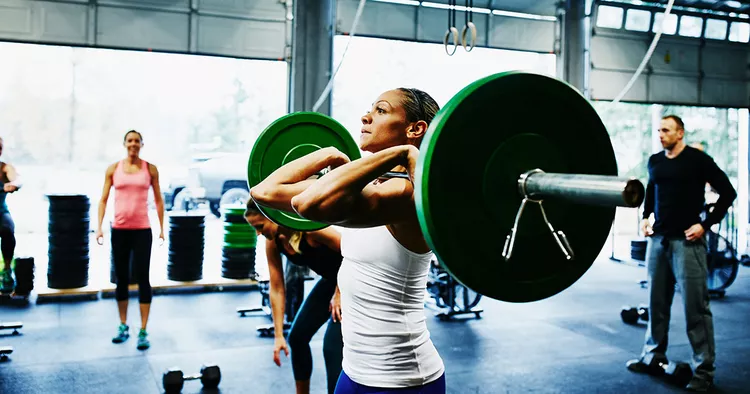The more we age, the more difficult it can be to keep the muscles in good health, as we have described. Depletion of muscle, a condition called sarcopenia, is one of the most predictable consequences of aging. Fortunately, with proper know-how and techniques, you can recover and remain strong and full of energy well into old age. Here is how you can keep those muscles robust and healthy.
Understanding Muscle Loss
Muscle mass actually begins to decline immediately after 30. By the time you are in your 60s, one could be losing 3-5% in muscle mass every decade. This could be one reason for weakness, slower metabolism, and less mobility. But worry not, there are things you can change to beat back these effects and retain that important muscle mass.
Emphasize Strength Training

Strength training, by far, is the most effective means. It will help to develop and hold your muscle fibers. Aim for not less than two days of strength exercises.
Body Weight Workouts
Even simple body-weight workouts, like squats, lunges, or push-ups, can also be very beneficial and do not need any special equipment. You can do them at home.
Weights and Resistance Bands
Free weights and resistance bands can be used to create resistance for building muscles. Consider doing exercises that train large muscle groups, such as bicep curls, deadlifts, and chest presses.
Increase Your Protein Intake

Protein is an important factor in the repairing and growing of muscles. As one grows older, your body may require more protein to maintain its muscle mass. Take a source of protein during each meal.
Lean Meats and Fish
Good sources include chicken, turkey, and fish, in addition to essential elements that the body needs for good health.
Plants
Plant proteins can be taken from sources such as beans and lentils with some tofu; they offer protein as well as other nutrients like fiber.
Dairy and Egg Proteins
Dairy products such as cheese and yogurt will also provide sources of protein. These sources are easy to fit into your diet and should suffice in providing you with the necessary protein that your body needs.
Keep Active with Cardio
Another essential part of overall health and well-being is cardio. Cardio helps keep your heart in shape and can actually work to assist your muscles.
Some of the Easy Workouts
A brisk walk or jog will get you on your way to starting your cardiovascular workouts without being too strenuous on the muscles.
Get on Your Bike or Dive In
Cycling and swimming qualify as top-notch low-impact exercises that help tone up your muscles as they increase endurance.
Get Enough Sleep
Muscle recovery and growth really do require sleep. Make sure you get quality sleep as you age. Aim to get somewhere between 7-9 hours of sleep per night. Good sleeping habits assist in repairing the muscle tissues and maintaining a good health condition.
Stay Hydrated
It usually constitutes the most relaxed part of one’s regimen, but it is equally vital for good muscle functioning. Dehydration can lead to muscle cramps and weakness.
Consume Water Regularly
Keep yourself hydrated by drinking water throughout the day. If you’re active or in a hot climate, increase your water intake to stay well-hydrated.
Limit Caffeine and Alcohol
These two beverages can cause dehydration. Consume them in limited amounts and always balance them with enough water.
Manage Stress
Long-term stress can have an adverse effect on muscle mass. Stress releases hormones that, when persistent, start to break down muscle tissue over time.
Practice Relaxation Techniques
Incorporate relaxation techniques such as deep breathing, meditation, or yoga, which will help reduce stress and care for your muscles.
Regular Health Check-ups
Underlying problems can be detected that may affect your muscles. If you have concerns regarding muscle loss and general fitness, share these with your doctor.
Get a Trainer or Therapist
Design a personalized workout plan: A personal trainer or a physiotherapist can guide you on this matter. They will prescribe an individualized exercise regime that caters to your needs and is also directed at maintaining muscle mass. Moreover, they will teach you how to perform the techniques so that you will not end up hurting yourself.
Have a Balanced Diet
A well-balanced diet supplies all those nutrients to the body that are necessary for maintaining muscles.
Add Healthy Fats
Add some healthy fat sources: avocados, nuts, olive oil. These will support muscle health and overall well-being.
Opt for Whole Grains
Whole grains, like brown rice, quinoa, and oats, act as excellent fuels and are vital for muscle function.
Add fruits and vegetables
Fruits and vegetables are rich in vitamins and minerals that are involved in the healing processes of muscles, among many other things.
To Wind Up
If you want to hold onto your muscles as you age, it’s not about just tossing on a ridiculous amount of weight or throwing a ton of mass on that barbell. It’s about creating a sense of balance. Add some degree of strength training into that workout, consume enough protein, stay active, and just maintain wellness in general. Doing these things will help you keep muscle on and allow you to lead a more productive and healthy life. Continue with such changes and stay committed to remaining fit and healthy for the rest of your life. Your muscles—and your mind—will thank you.



